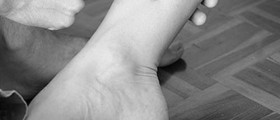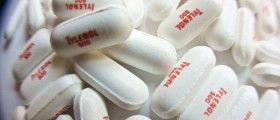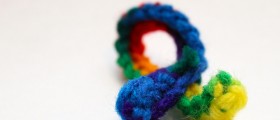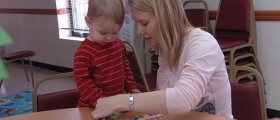
Enuresis is the medical term used to indicate the condition more commonly known as bedwetting. This condition is quite common in children, and for the most part, is most likely to be merely a developmental stage in a child’s lifetime. Enuresis is more common to boys.
Causes
There are several different reasons as to why bedwetting might occur. Genetic predispositions can be important with regard to the development of the condition. Sleeping difficulties, stress, and a slower than usual central nervous system development can all be potential risk factors when it comes to enuresis. Hormonal factors, urinary tract infections, a small bladder, and abnormalities in the urethral valves, ureter, or spinal cord are all potential causes of nocturnal enuresis. In general, the condition is not mental or behavioral.
Treatment
The condition usually resolves itself. Eventually, most children will achieve proper bladder control, which will allow them to kick the habit of night time bedwetting. It is quite normal for children to wet the bed up to the age of six, and thus, treatment for enuresis at this age is normally not necessary at this age.
If you suspect that your child is suffering from an underlying condition, your family doctor can help you to ascertain whether or not this is the case. The doctor will perform a physical exam and examine the child’s daytime and night time habits. A urine test might also be undertaken, in order to test for the presence of diabetes or infection. The doctor will also try to find out whether or not the condition is psychological, or related to other factors, such as school life or emotional problems.
If treatment is necessary, then parents can play an important role in helping their child. Parents should limit their child’s fluid intake and make sure that the child urinates properly before going to bed. If necessary, install an alarm system that will wake the child up as soon as moisture is detected on the bed-sheets. One might also try to create a reward system that encourages the child to maintain dry sheets. It might also be a good idea to ask the child to change his or her own sheets after wetting the bed. This might help to negatively associate the bedwetting in the mind of the child. In some rare cases, medication can be used to control the child’s bedwetting. However, this is quite rare, and other methods should be tried before going down this road.
















-In-Infants-And-Older-Children_f_280x120.jpg)
Your thoughts on this
Loading...